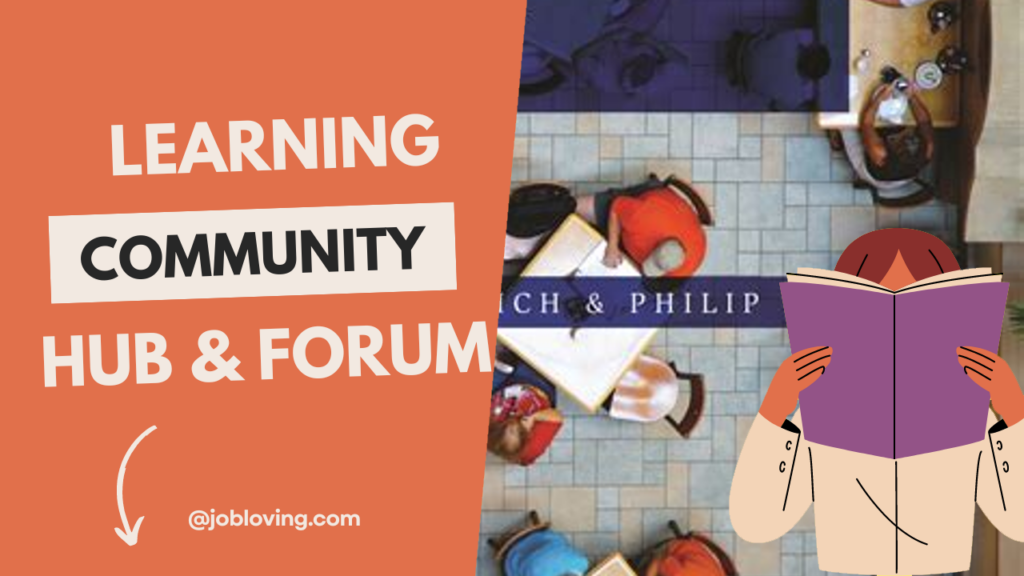Have you ever wondered how deeply math weaves into the world of sociology? If you envision sociology as just cozy chats about society over coffee, you might be in for a surprise! Sociology does incorporate some math, and this connection can be quite fascinating.
The Short Answer: Yes, sociology entails some math, especially statistics and research methods.
Sociology majors do encounter certain math-related coursework during their undergraduate experience. Don’t panic, though—this doesn’t mean you’ll be buried under a mountain of complex equations! Instead, sociology students typically engage with subjects like statistics, calculus, and research methods. These courses are crucial for analyzing data, understanding trends in society, and interpreting research findings effectively. While it’s not all about crunching numbers, having a solid grasp of these mathematical principles allows sociologists to make informed conclusions about social behaviors and patterns.
In conclusion, while sociology isn’t a math-heavy field compared to some science or engineering disciplines, math plays an essential role in gathering and understanding social data. So, if you’re considering a sociology path, don’t fret about math; embrace it as a tool to uncover the secrets of human behavior! Want to dive deeper into sociology or any other subjects? Join the JobLoving community for more resources, and feel free to ask any questions!
Key takeaways about Is sociology a lot of math?
Math Integration in Sociology Programs
- Sociology BA does not mandate math courses, focusing more on qualitative analysis and theory.
- Sociology BS requires Calculus I, II, and an advanced math course to fulfill major requirements.
- Advanced math skills are essential for sociology BS, emphasizing quantitative research methods and data analysis.
- The distinction between BA and BS in sociology highlights different approaches to mathematical application.
- Sociology students may encounter math through research methodologies, statistical analysis, and data interpretation courses.
- Many sociology programs integrate math skills to enhance research capabilities and analytical thinking in students.
- The integration of math in sociology reflects the discipline’s evolving focus on empirical research methods.
- Sociology’s reliance on math varies significantly between different universities and specific program requirements.
- Math prerequisites can serve as a barrier for students pursuing sociology, impacting enrollment decisions.
- The requirement of math courses in sociology reflects the increasing importance of data in social sciences.
Student Experiences with Math in Sociology
- Many sociology students successfully complete statistics courses despite initial fears or negative experiences with math.
- Students report feeling empowered by overcoming math anxieties through supportive resources like tutoring and office hours.
- Students often find statistics courses manageable with the right support, despite initial fears or apprehensions about math.
- Cooperative learning environments, like study groups, can significantly aid students struggling with statistical concepts in sociology.
- Personal motivation and effort play significant roles in overcoming math-related challenges in sociology studies.
- Basic statistics skills can enhance job prospects, even if advanced math isn’t heavily featured in sociology.
- Students with prior math struggles can still excel in sociology, demonstrating the discipline’s accessibility to diverse learners.
- Strong conceptual understanding of research methods is often more valuable than advanced math skills in sociology.
- The intersection of sociology and math can be enriching, providing tools to analyze and interpret societal data.
- Sociology courses encourage critical thinking about societal issues without requiring extensive mathematical proficiency or skills.
Curriculum Focus on Quantitative vs. Qualitative Methods
- Sociology majors often need to balance qualitative and quantitative methods for comprehensive social analysis.
- Courses in sociology emphasize qualitative methods, allowing students to avoid heavy quantitative math altogether.
- Many sociology programs allow students to choose between quantitative and qualitative research methodologies based on personal preference.
- Graduate-level sociology may involve more statistics, but foundational knowledge often suffices for successful completion.
- Theoretical frameworks in sociology often rely less on math and more on conceptual analysis of social phenomena.
- Qualitative research methods provide an alternative to quantitative approaches, appealing to students uncomfortable with numbers.
- Understanding statistical software like SPSS or Stata is often more crucial than performing manual calculations.
- A single statistics course is often the only math requirement for many sociology undergraduate programs.
- Courses that utilize math as a prerequisite enhance students’ analytical skills for social research.
- Understanding statistical concepts is crucial for sociologists to analyze social trends and patterns effectively.
Career Prospects and Data Analysis Skills
- Math proficiency can significantly enhance career prospects in sociology-related fields, such as data analysis.
- Many sociology graduates report that their experiences with statistics have positively influenced their analytical thinking skills.
- Sociology’s intersection with math reflects the discipline’s adaptation to a data-driven world.
- Advanced math skills are noted as essential for certain roles in sociology, particularly those involving substantial data handling.
- The integration of quantitative skills in sociology corresponds with the field’s growing emphasis on evidence-based research.
- Understanding statistical methodologies can enhance sociological research skills, even for those pursuing qualitative approaches.
- Students interested in sociology should consider their math skills when choosing between BA and BS degrees.
- Courses that emphasize quantitative analysis prepare students for the labor market where data literacy is increasingly valuable.
- Many sociology programs enhance job readiness by incorporating statistical skills into their curricula.
- The growing demand for data analysts indicates the importance of integrating math in sociology education for career success.

